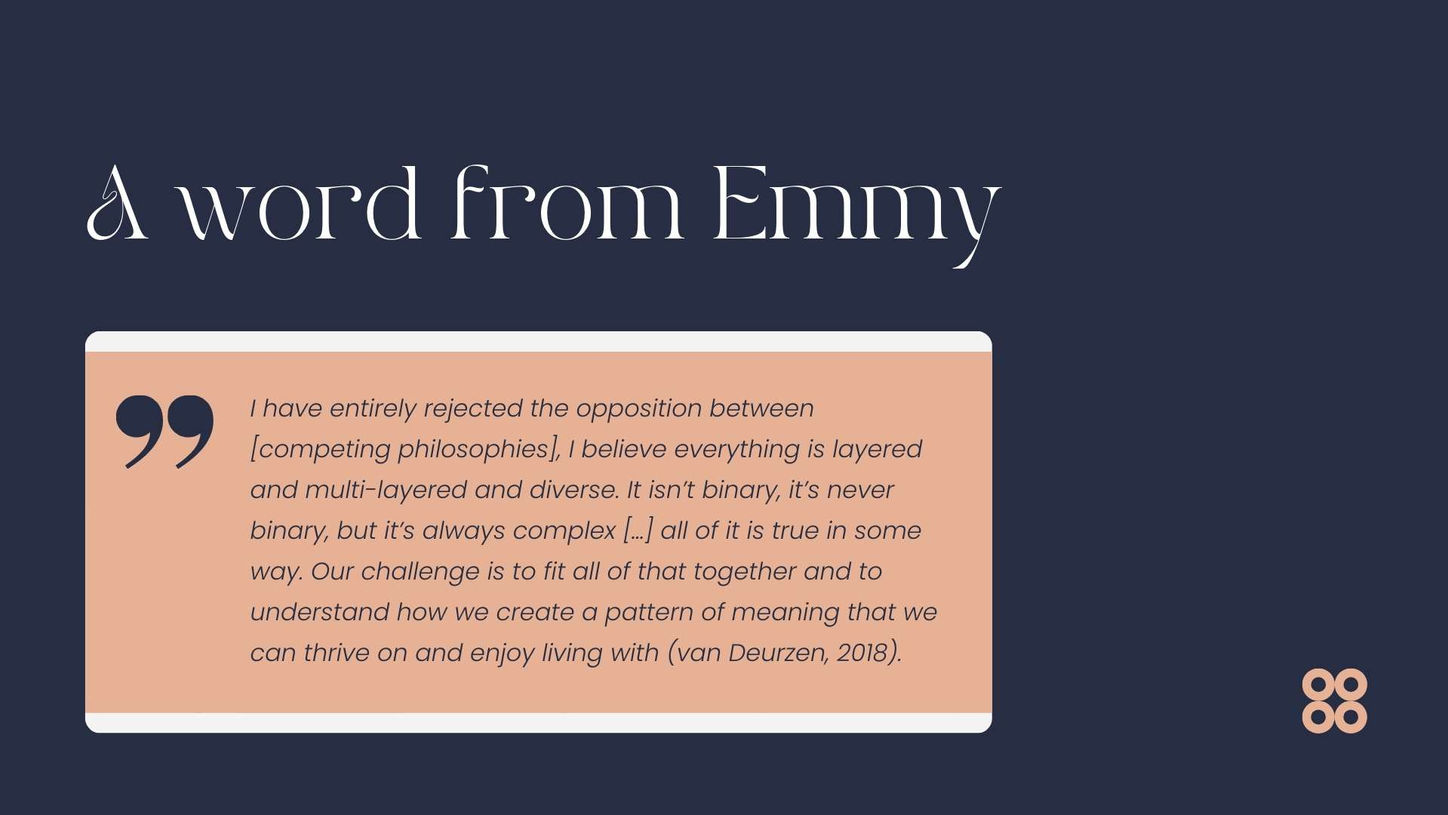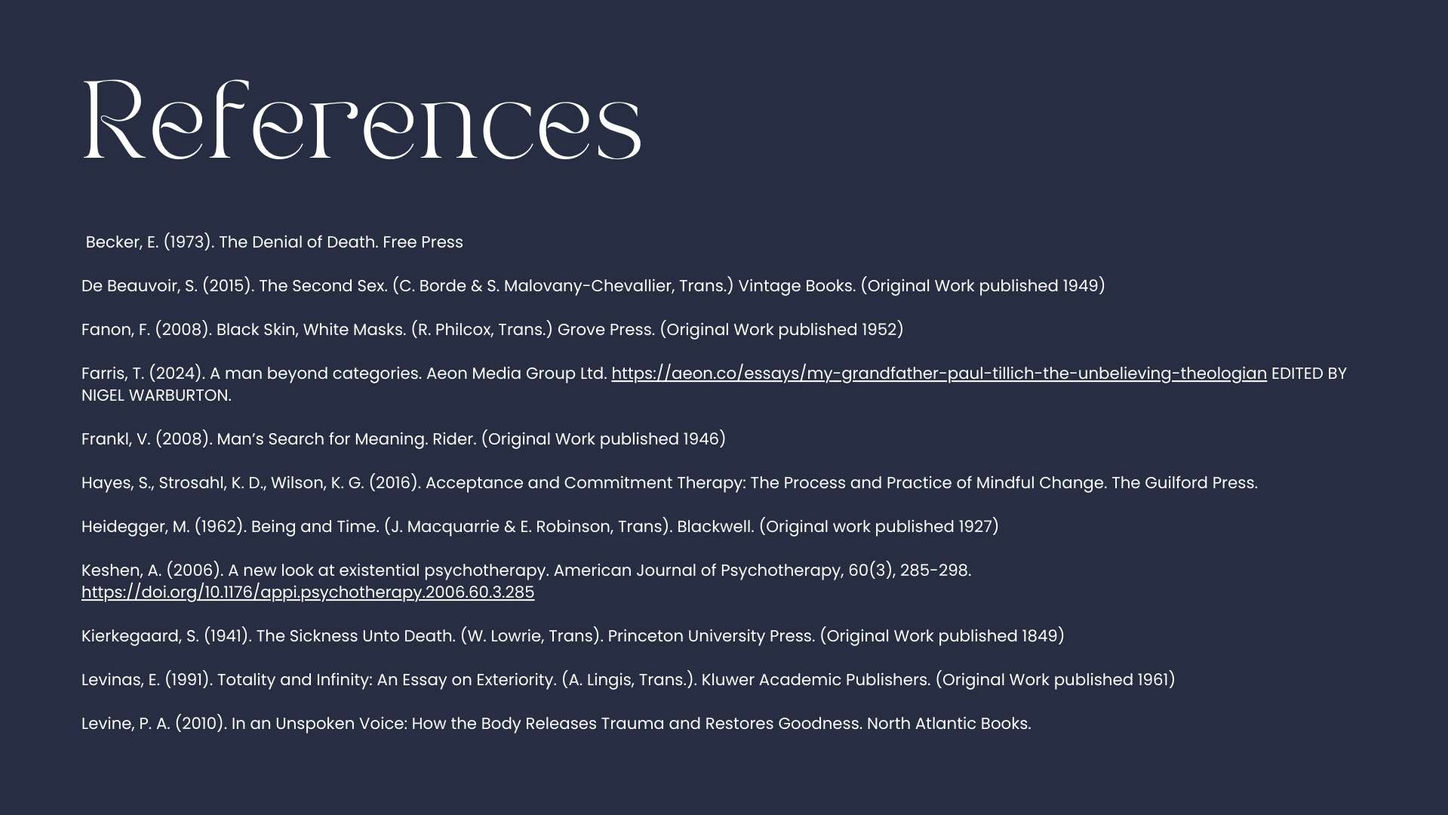The Relevance of Tillich’s Existential Theology to Culturally-Informed Existential Psychotherapy
2026-02-12
Abstract
This paper explores the clinical relevance of Paul Tillich’s existential theology to existential psychotherapy, particularly with clients from cross-culturally and spiritually complex backgrounds. Existential therapy is often criticized for its philosophical plurality and lack of cohesion, yet its richness lies in its capacity to hold multiple truths in tension. As an atheist, I engage Tillich not in spite of, but because of, his theologically grounded existentialism—a framework that transcends rigid binaries between faith and secularity, individualism and collectivism, West and East.
Focusing on three of Tillich’s central ideas—participation and individuation, three ontological anxieties, and the God above God—this paper traces the existential impact of belief systems on moral guilt, meaninglessness, and cultural alienation. These concepts are grounded in a clinical case study of a Muslim client navigating exile, homosexuality, and spiritual shame. Through this lens, I argue that Tillich’s theology offers a compassionate, inclusive bridge between philosophical abstraction and embodied experience. This paper invites existential practitioners to resist ideological imposition and return to existential therapy’s core: meeting clients in the full complexity of their being.
Resources
The Courage to Be
The Courage to Be by Paul Tillich is a profound exploration of existential anxiety and the human struggle for meaning in the face of despair, guilt, and death. Tillich argues that true courage is not the absence of fear, but the affirmation of life despite it. Drawing from philosophy, theology, and psychology, he presents “being” as an act of courage—resisting nonbeing through faith, self-affirmation, and the acceptance of one's finite existence.












































